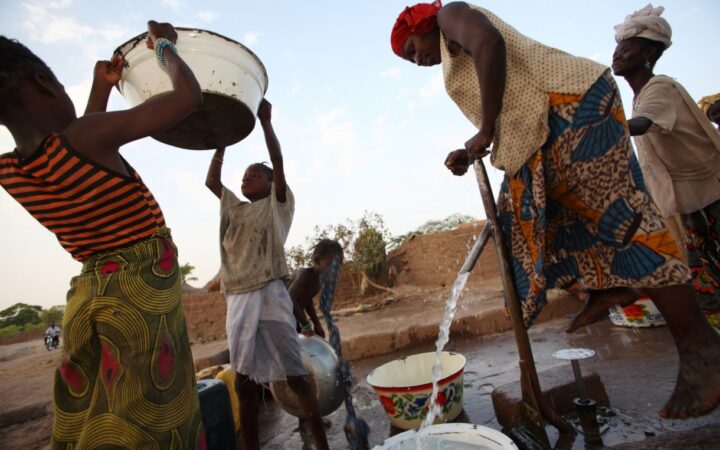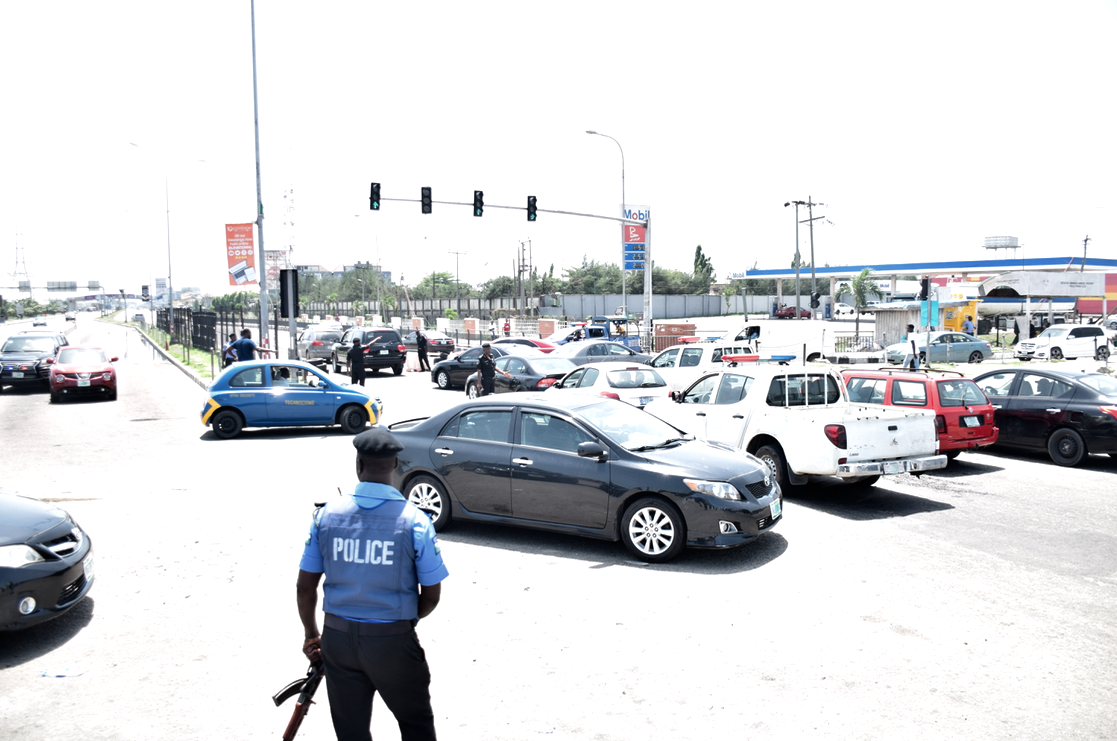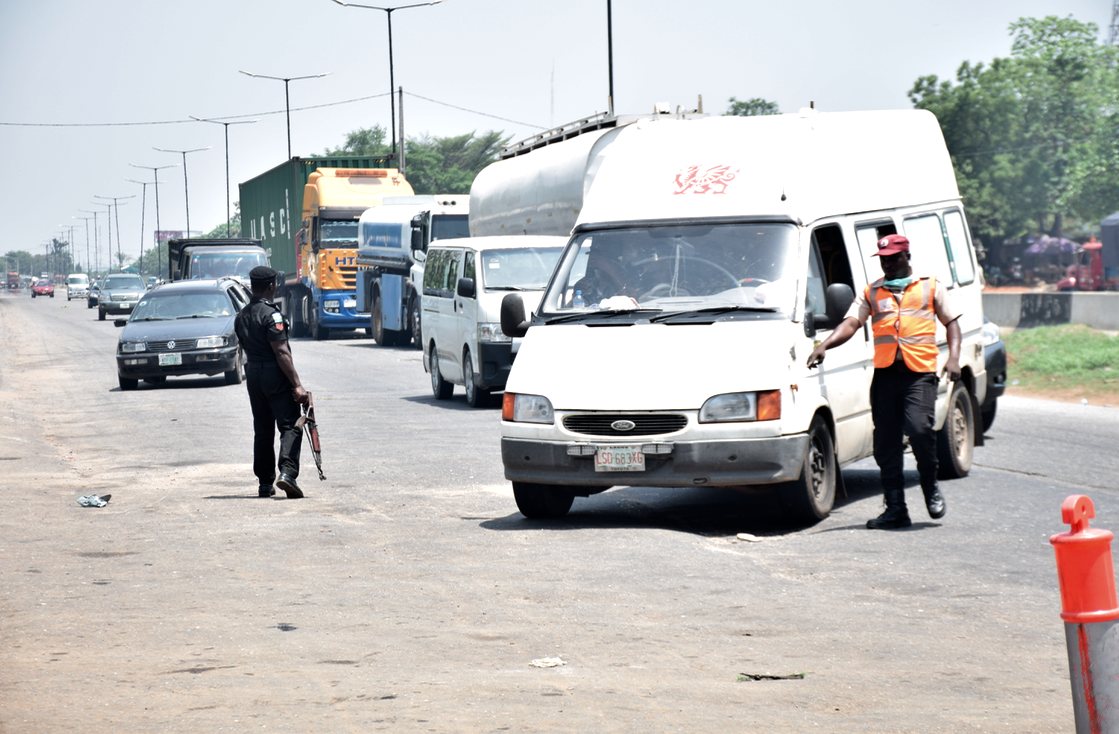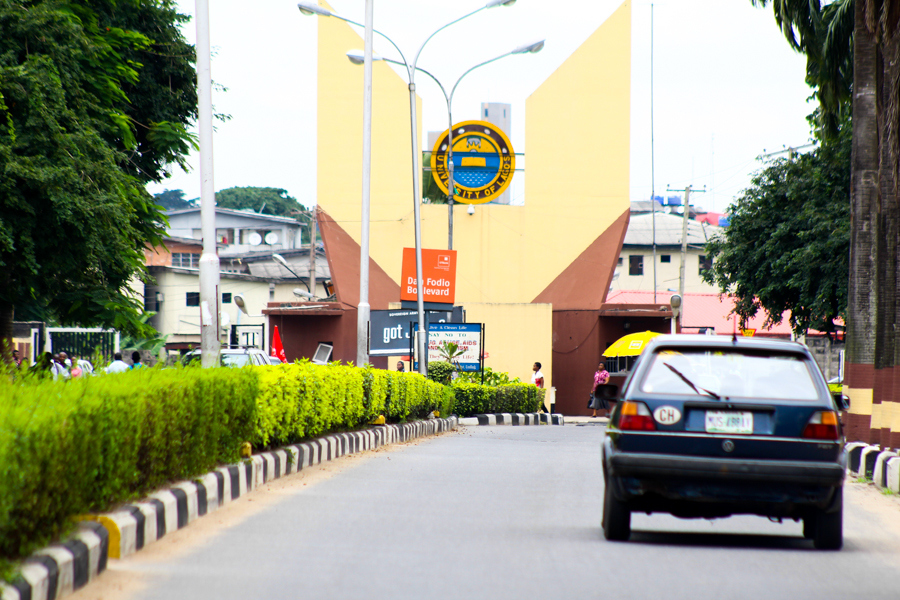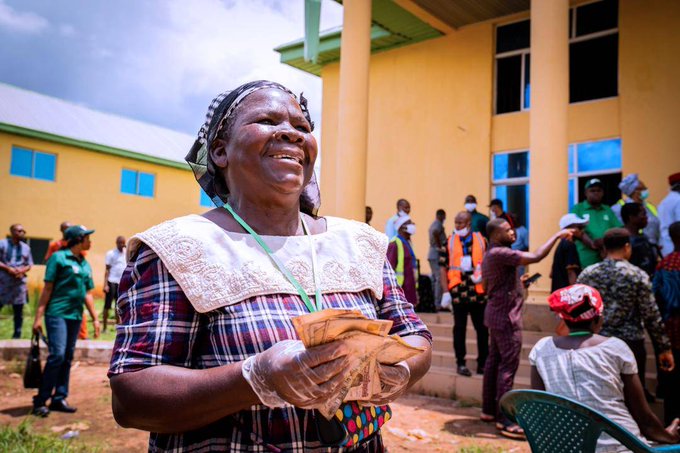BY IFEOMA CHETA OKONKWO AND TEMPLE ORAEKI
A stimulus relief package is a package of economic measures put together, usually by a government, to stimulate a floundering economy and cushion its effects on the citizens. In the wake of the COVID-19 pandemic, several countries have intiated and implemented various forms of stimulus relief package for her citizens. As the number of cases continues to grow globally, it further exposes and highlights the need for government at various levels to make Water, Sanitation and Hygiene (WASH) a priority. However, despite these glaring exposures, most stimulus package doled out as COVID-19 intervention package are devoid of any consideration for water supply or revamp of the WASH sector.
As part of the recommendations by WHO to fight and slow down the spread of the highly infectious coronavirus, staying hydrated and practising regular handwashing are key measures. It is a recommendation that should be seamless to implement when everyone everywhere have access to clean water at home. But this is far from reality. For over 55 million Nigerians, access to clean water at home is a mirage, with only 3% of the Nigerian population connected to pipe-borne water.
Since the emergence of the index case in Nigeria, there have been several efforts from governments and various groups – private sectors, civil society organizations, philantropists – to cushion effects of the pandemic amongst poor and vulnerable people in the society. Most of these palliatives include mainly food donations without any consideration for water supply to the needy, especially those who reside in rural areas.
Most recently, President Muhammadu Buhari approved a N500billion COVID-19 crisis intervention fund which is proposed to be utilized mainly as federal government’s support to states in upgrading healthcare facilities. In addition, the fund would also finance the creation of a Special Public Works Programme and fund any additional interventions that may be approved by the president. Whilst the Minister of Water Resources affirmed that there is a provision for Water, Sanitation and Hygiene (WASH) interventions in the package, it is very pertinent that WASH interventions be made a priority in this package.
Advertisement
In his presentation at a recent Ministers Seminar conducted by Sanitation and Water for All (SWA), the water resources minister emphasized that the states are responsible for water supply. He confirmed that the federal government would only support the states to ensure water quality is maintained through provision of treatment chemicals and reagents to state water agencies.
While the effort of the Nigerian government in supporting states with water quality is commendable, its impact on alleviating water poverty at this critical period is infinitesimal and leaves more to be desired. At a disconcerting time such as this, access to water for handwashing and drinking is a major survival kit for millions of people out there. The federal government, in the short term, should be supporting state water agencies to offer water-bill relief package for the relatively few residents that are connected to pipe-borne water while as an intermediate measure, support states with rapid WASH infrastructural projects that will improve water supply.
The Ghanaian government has taken an exemplary lead by absorbing three months water bill worth $40million for residents, from April to June 2020. This is an examplary lead which is crucial for other countries to follow, considering the vital role of “access to water” in curbing the deadly coronavirus.
Advertisement
In most cities, slums and some rural areas in Nigeria, majority of the populace rely on private water services providers, such as water tankers and commercial borehole operators. As part of a rapid COVID-19 relief package, the operations cost of these water service providers can be subsidized or fully absorbed by the state and local government authorities, to support the federal government in their efforts to make water accessible to everyone at this period.
In addition, governments at all levels should swiftly deploy handwashing facilities to strategic public places in cities, slums and rural areas, including healthcare facilities. The further extension of the lockdown by the president and other state governors, while necessary, also means a tough stretch of endurance limits for majority of Nigerian populace who are low-income earners or living below poverty lines. Spending the little available resources on water bills, which would increase during this pandemic, leaves them in a place between the rock and a hard surface.
According to World Bank, “while it is too early and with too many variables to quantify the economic costs of the pandemic, the costs of inaction would be catastrophic. Therefore, action in the WASH sector is critical for both containing the virus and lowering its immediate impact and aftermath.”
As already reiterated by the Minister of Finance, Nigeria is faced with a weak fiscal position on the premise of which the federal government has approached the International Monetary Fund (IMF) for a $3.4billion facility in order to effectively tackle the COVID-19 pandemic. It would be a costly oversight that a total revamp of the Nigeria’s WASH sector is not made top priority in this package.
Advertisement
Water, Sanitation and Hygiene (WASH) is at the heart of this pandemic. Hence, it is only sensible that all COVID-19 response should be centred around WASH.
Okonkwo is a WASH advocate and Oraeki, also a WASH advocate, is the Nigeria Country Director of Hope Spring Water Charity Foundation
Views expressed by contributors are strictly personal and not of TheCable.
